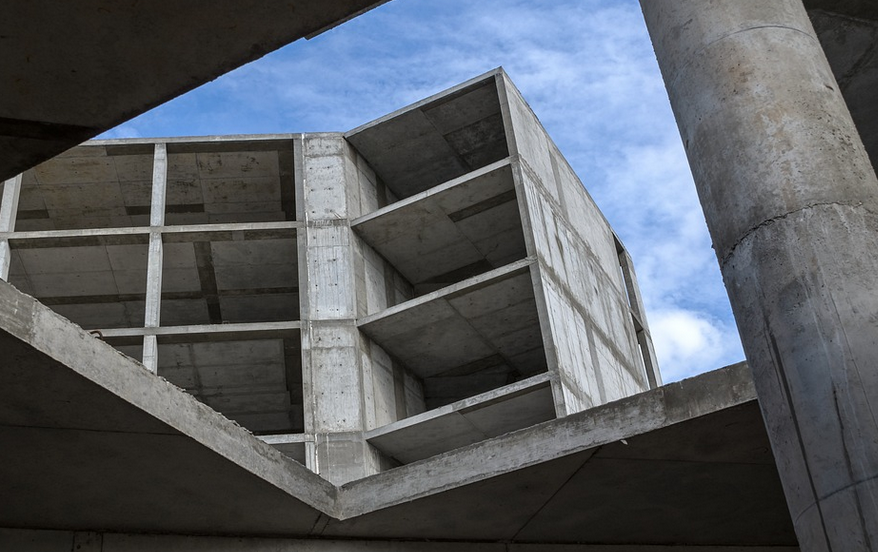Know the Slope, Own the Storm
Let’s face it, roofing is no walk in the park. It takes skill, precision, and a solid understanding of geometry to ensure your roof stands strong against the elements. One crucial tool for achieving this mastery? The pitch gauge.
Imagine yourself standing on your roof, with the wind whipping through your hair. You’re armed with a ruler, but you need something more – something that can translate those subtle angles into concrete measurements. This is where the trusty pitch gauge comes in. It’s not just about measuring angles; it’s about understanding how they shape the entire roof.
So why should you care about the pitch of your roof? Well, it impacts everything from water drainage to material choices and even aesthetics. A steep roof with a high pitch might be ideal for snowy climates but could potentially lead to a higher energy bill if not designed correctly. And then there’s a flat, low-pitched roof – the ultimate in simplicity, often favored for its ease of maintenance but requiring extra attention during heavy rain.
Think of it this way: the pitch gauge acts as your compass, guiding you through the maze of roof measurements. It plays a pivotal role in calculating how much sheathing material will be needed and ensuring that the roof is built according to code requirements.
But what exactly does the pitch gauge have up its sleeve? A good pitch gauge comes equipped with an accuracy scale, usually in degrees, that allows you to quickly record the angle of the roof. It’s all about precision! A small inclination can make a big difference in how your roof functions and looks.
“It might seem like overkill,” some argue,” but trust me, mastering this skill is worth it!”
The Importance of Getting it Right
There’s something magical about that “aha!” moment when you finally understand the subtle workings of your roof. You realize how a small change in slope can affect its entire lifespan and performance. And with the pitch gauge in hand, you become the architect of your own home’s defense against the elements.
It’s more than just about making sure water runs off properly; it’s about making sure your roof stays strong for years to come, withstands storms, and maintains its structural integrity. It’s a tool that empowers you and your team with confidence, knowing every inch of the roof is laid out just right.
Imagine working on a steep-sloped roof – the pitch gauge becomes your ally in navigating those tricky turns. You can quickly determine the angle at any given point and calculate the required lengths for the joists, rafters, and shingles. This level of precision saves time and reduces errors, leading to cost savings and fewer headaches.
But it’s not just about practicalities; it’s also about aesthetics. A well-pitched roof can dramatically elevate your home’s look. You can achieve that perfect slope for architectural appeal. It’s the difference between a bland house facade and one that truly stands out from the crowd.
Think of the pitch gauge as your secret weapon in creating the ultimate, storm-resistant, and visually impressive roof you’ve always dreamed of.
Choosing Your Perfect Pitch Gauge
Now that we understand the importance of a good pitch gauge, it’s time to talk about your options. You have two main choices: the traditional type with a metal ruler or the digital version with built-in technology.
Both types have their pros and cons. Traditional gauges are sturdy and durable, offering that classic tactile experience for many roofers. But they might require some extra practice to find the correct angle when working on complex roofs.
Digital pitch gauges come equipped with sensors and microprocessors, making them faster and more accurate than traditional ones. Some even boast Bluetooth connectivity for syncing data directly to your smartphone or computer; this is great if you need precision measurements and want to analyze the data later.
While digital options can be pricier upfront, they often come with a lifetime warranty, eliminating the risk of replacement during the use of the gauge. They’re also less prone to damage from harsh conditions, especially in outdoor settings.
Embracing a Precision-Driven Approach
The pitch gauge is not just about measuring; it’s about understanding how these measurements impact your roof’s performance and aesthetics. It’s about mastering the art of construction and ensuring that every inch of your roof is built to perfection.
As if you weren’t already convinced, consider this: a well-pitched roof can dramatically increase the value of your home. It enhances its curb appeal and adds years of life to your structure. It’s an investment in both functionality and aesthetics.
The Verdict
So there you have it: the pitch gauge, the unsung hero of roofing. With this little tool, you can transform a basic building into a masterpiece designed for weatherproofing and lasting beauty.
